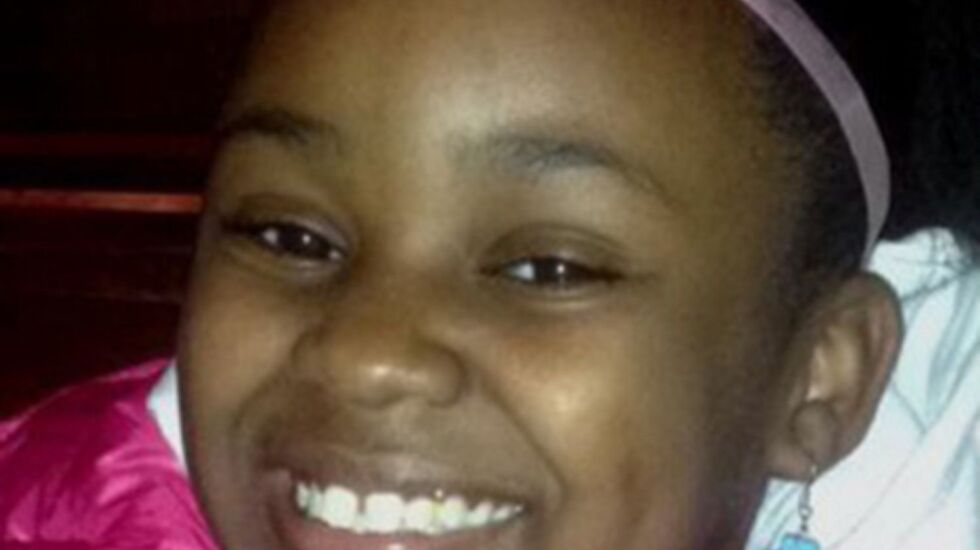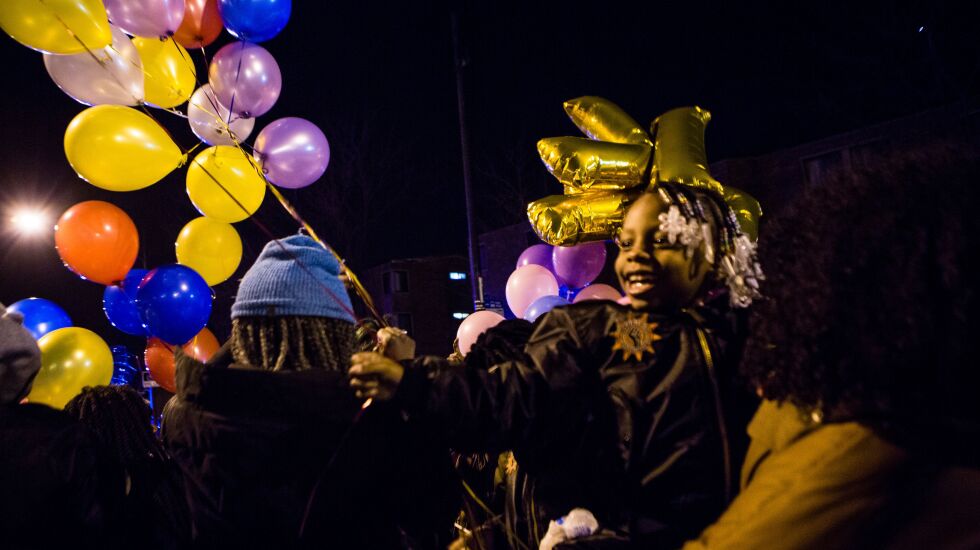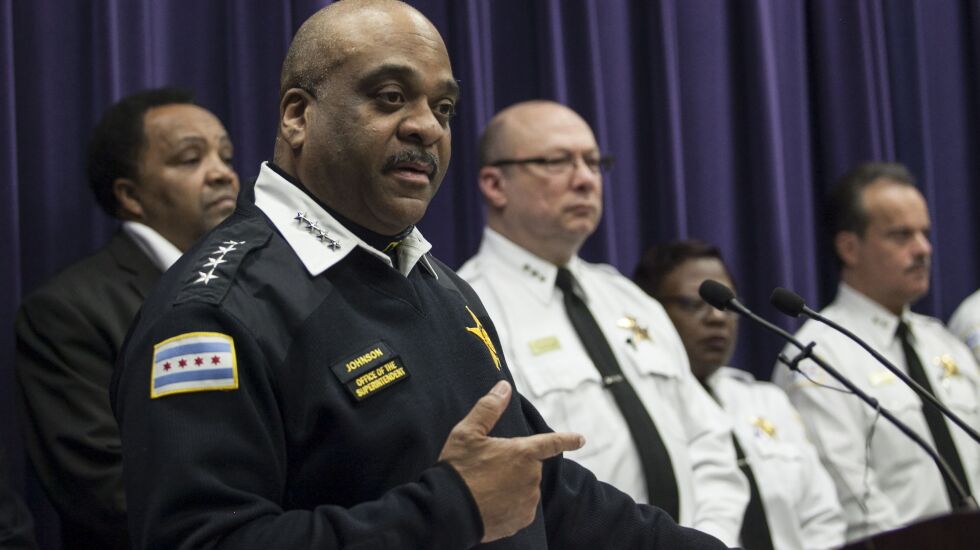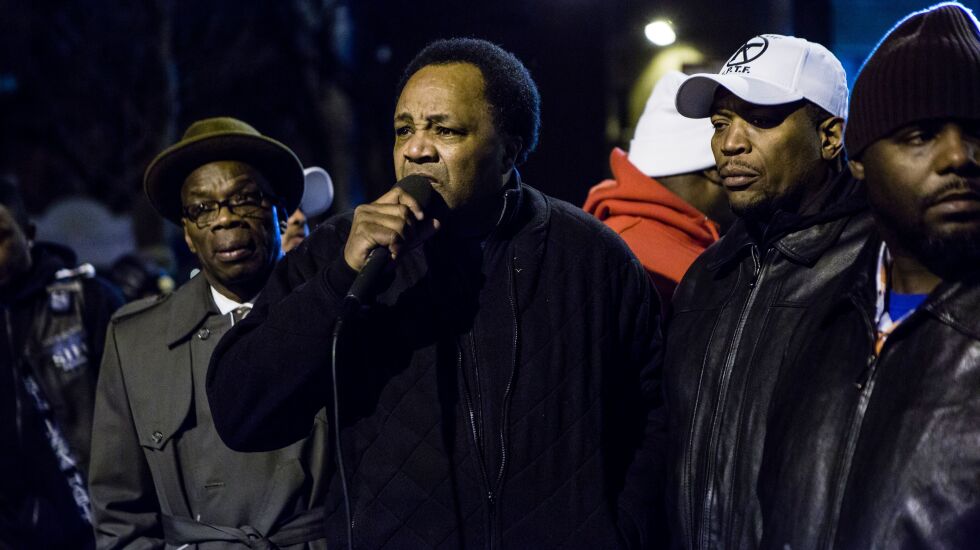
If Takiya Holmes were alive today, she’d be getting ready for prom and graduation.
She would also be preparing for college, either Chicago State University or Spelman College in Atlanta, choices she had talked about before she was gunned down nearly seven years ago.
“My baby was smart and she was going to be something,” her mother, Naikeeia Williams said Thursday afternoon, shortly after a jury took just two hours to convict Antwan Jones, 26, of the Feb. 11, 2017 murder.
Williams said the verdict brought her some comfort, but she called it a “win-lose.”
“We won the case but we still lost my daughter,” she said. “I’m happy it’s over. I’m happy justice was served for my daughter.”

Prosecutors say Jones fired a semi-automatic Ruger pistol with an extended clip at a group of people selling marijuana near 64th Street and King Drive.
Jones fired off 12 rounds. But instead of hitting his intended targets, some of the shots slammed into a minivan where 11-year-old Takiya and her family were taking cover.
“The last thing Takiya ever saw was her family, but unfortunately the last thing she ever heard was a gunshot,” Assistant State’s Attorney Krystyn Dilillo told the jury.
Jones was identified as the gunman by four witnesses, all members of the same faction of the Gangster Disciples street gang as Jones.
But by the time the case got to trial, those witnesses were less clear about what they saw. One took the stand on Wednesday and told jurors he didn’t actually see Jones with a gun that day at all.
Assistant Public Defender Dylan Barrett warned jurors they couldn’t trust the word of any of the witnesses, adding they “couldn’t be trusted to take out your garbage.”
“The police were quick to try to solve this, didn’t matter who, just had to solve it,” he said.
Other members of the gang had known each other longer than they had known Jones, Barrett said, so “they sacrificed Mr. Jones because he was the easiest to sacrifice.”

The lawyer also noted the gun used in the shooting wasn’t found until nine months later during a traffic stop in a different area of the city. There was no physical evidence connecting it to Jones, Barrett said.
Prosecutors countered that the witnesses backed down from their previous testimony before a grand jury because they didn’t want to be seen as “snitches.”
Three of those witnesses “didn’t want to testify and had to be hauled into court,” Assistant State’s Attorney Kevin Nolan said.
“Every time you heard someone from that witness stand say, ‘I don’t remember,’ he was apologizing to [Jones] and lying to you,” Nolan told jurors.
He stressed that video surveillance backed up the grand jury testimony, pointing to a person in the video that a security guard had identified as Jones.
“Takiya is dead because this man thought he had the right to murder somebody for selling weed in his neighborhood,” Nolan said.
Takiya was one of several children who were victim’s of the city’s gun violence that February.
A half-hour before she was shot, 12-year-old girl Kanari Gentry-Bowers was fatally wounded on the South Side. Three days later, Lavontay White, 2, was killed while riding in a car — the same day Takiya was taken off life support.
Takiya’s cousin is anti-violence activist Andrew Holmes. His daughter was killed by a stray bullet in 2015 outside a gas station when a gunfight broke out at a nearby nightclub. Just last month, Holmes said, his grandson was wounded in a mass shooting at a Halloween party in Indianapolis.
“It doesn’t matter what you do later, you can’t take it back,” Holmes said to those who resort to gun violence. “You can’t bring someone back.”








